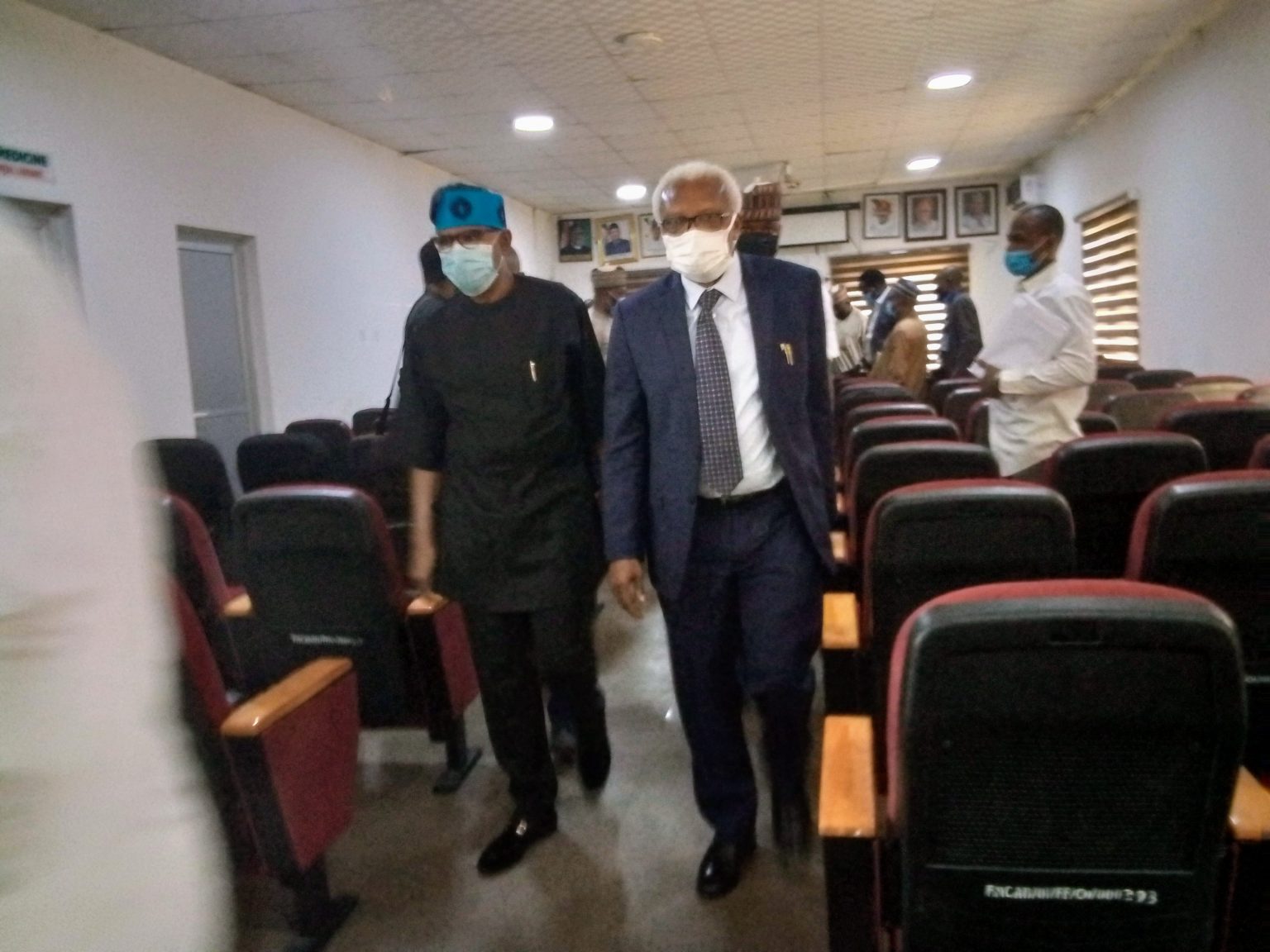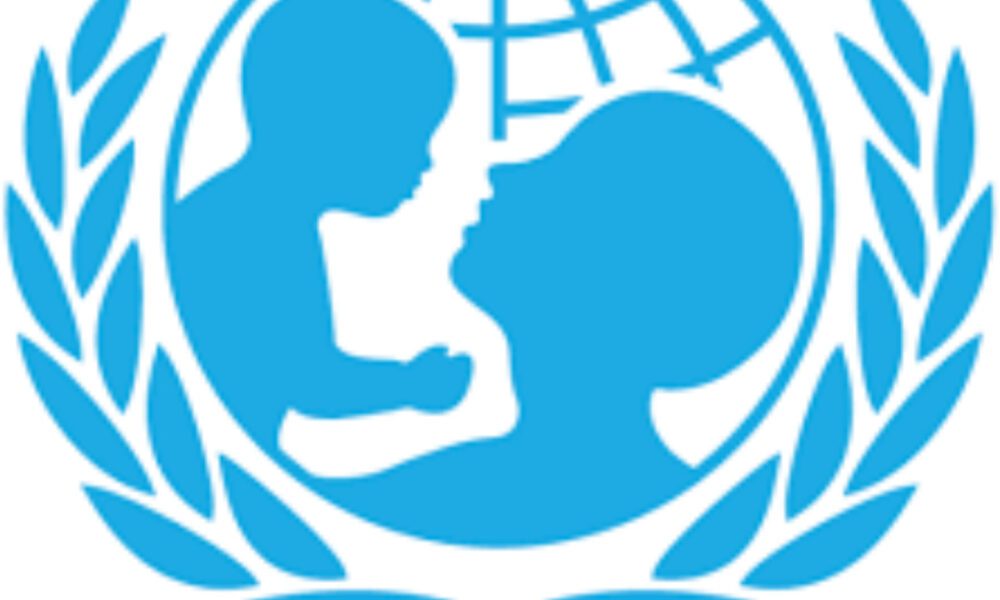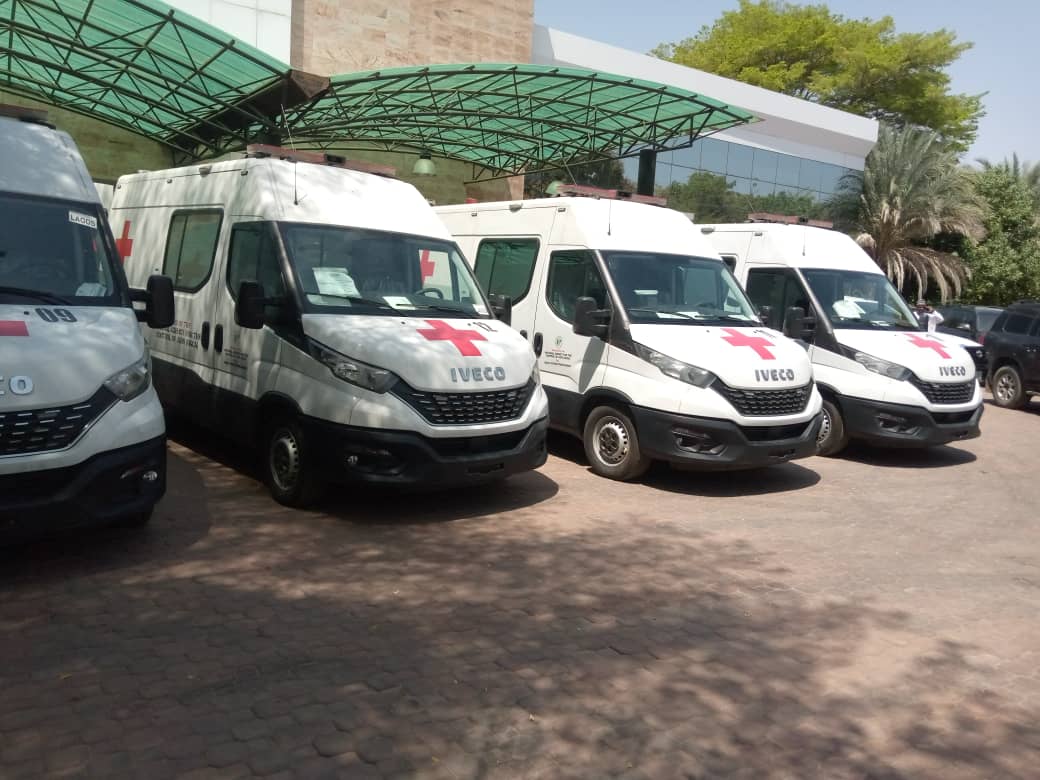The giant stride by Federal Medical Centre, Abuja that has carried out open heart surgery for the first time in the history of the facility has drawn the commendation of the Minister of State for Health, Olorinnimbe Mamora.
The Minister was on the inspection and assessment tour of the facility on Monday when he took out time to interact with patients who have successfully undergone open heart surgery.
He expressed satisfaction at the laudable efforts of the hospital management.
The Minister who was taken round the open surgery ward with the the state-of-the-art equipment by the hospital Chief Medical Director, Saad Ahmed, expressed confidence that the FMC, Abuja now have what it takes to carryout cardiology related diseases surgery.

Speaking with newsmen after inspection of equipment and patients, he confirmed that those who were operated were recuperating very fast.
The Minister said: “Well, I didn’t just inspect machines, I inspected patients of open heart surgery, four of them. Everyone of them is doing very well for the kind of injure proceedings they passed through. So, I am very happy and excited regarding this feat and of course, the machines.
“One of the machines, we were told is one of its kind in this country and that tells us the much we put in this and then the Surgeon who attended to us gave us a run down of each of the patients in terms of proceedings and what they came in with to treat diseases, one of which is the verve in the heart which need correction or outright replacement and some having issues with what is referred to as heart Chambers.
“So, all in all the patients are doing very well and in the course of operation, one of the patients was so surprised and said, is it over just like that? Because she knew what she came in with and how distressful she was.
“That is kudos to all the members of the team and of the management of the Federal Medical Centre.
Reacting to questions on what government would do to extend the treatment to the grassroot level, he said, heart ailment was not new, but being discovered because of the sophisticated equipment which are made available now.
“Well, I am not too right to say these diseases are getting too rampant rather, we are getting to discover them because of the ability that we now have. That is the thing and don’t forget, there are other institutions in this country that have been doing open heart surgery as well, but we are saying this is the first that happened in this particular Federal Medical Centre, (FMC).
“So many institutions are doing open heart surgery. Nnamdi Azikiwe University, Awka, University of Nigeria, Nsukka and a host of others. One of the things that is quite exciting is that we have one of the machines that is top-grade or the state of the art.
“There are other institutions that might be using old machines or equipment, but FMC is talking of the latest in terms of technology. That’s the advantage.
“It’s good to know that all the members of the team that carried out the operations are Nigerians living in Nigeria. So it only confirm to you that as long as there is a conducive environment and the necessary equipment are made available, they are highly competent Nigerians that can carry out these operations excellently well.”
On medical tourism and how to tackle it because of the huge Capita flight it involve, the Minister said: “There are other disease problems, kidney problem, problem of the lung, problem of orthopaedic, problem of the bone and muzzle, problem of the brain and all that.
“They are different specialities that are involved in medical tourism. So we will be addressing this gradually and that is not to say nothing are being done right now, things are being done.
“But we are talking of state of the art equipment that will let the procedure less cumbersome. That is the process and I want to assure you that the administration of President Muhammadu Buhari is doing so much in terms of upgrading all these facilities to make them suitable for the exigencies of the moment.
“Then on sustainability and affordability, all these are components when you are talking of health promotion, disease prevention, treatment, rehabilitation and palliative care. Of course, in a manner that is affordable, accessable and available without doing damage to your purse.
“That is why government is looking at every way possible aside from Health Insurance Scheme that is being made available.
“Of course, I can tell you that the present administration is subsidising the treatment of cancer patients either by way of surgery when it becomes inevitable or in terms of physiotherapy or Chemotherapy or whatever.
“All these are part of what the present administration is doing to make sure that we provide healthcare. What the Medical Director said earlier on in terms of indigent efficient funds is the initiative of the hospital which of course government is fully in support.
“Of course government cannot do it alone and that why the MD made passionate appeal to philanthropists and good spirited people to assist.




